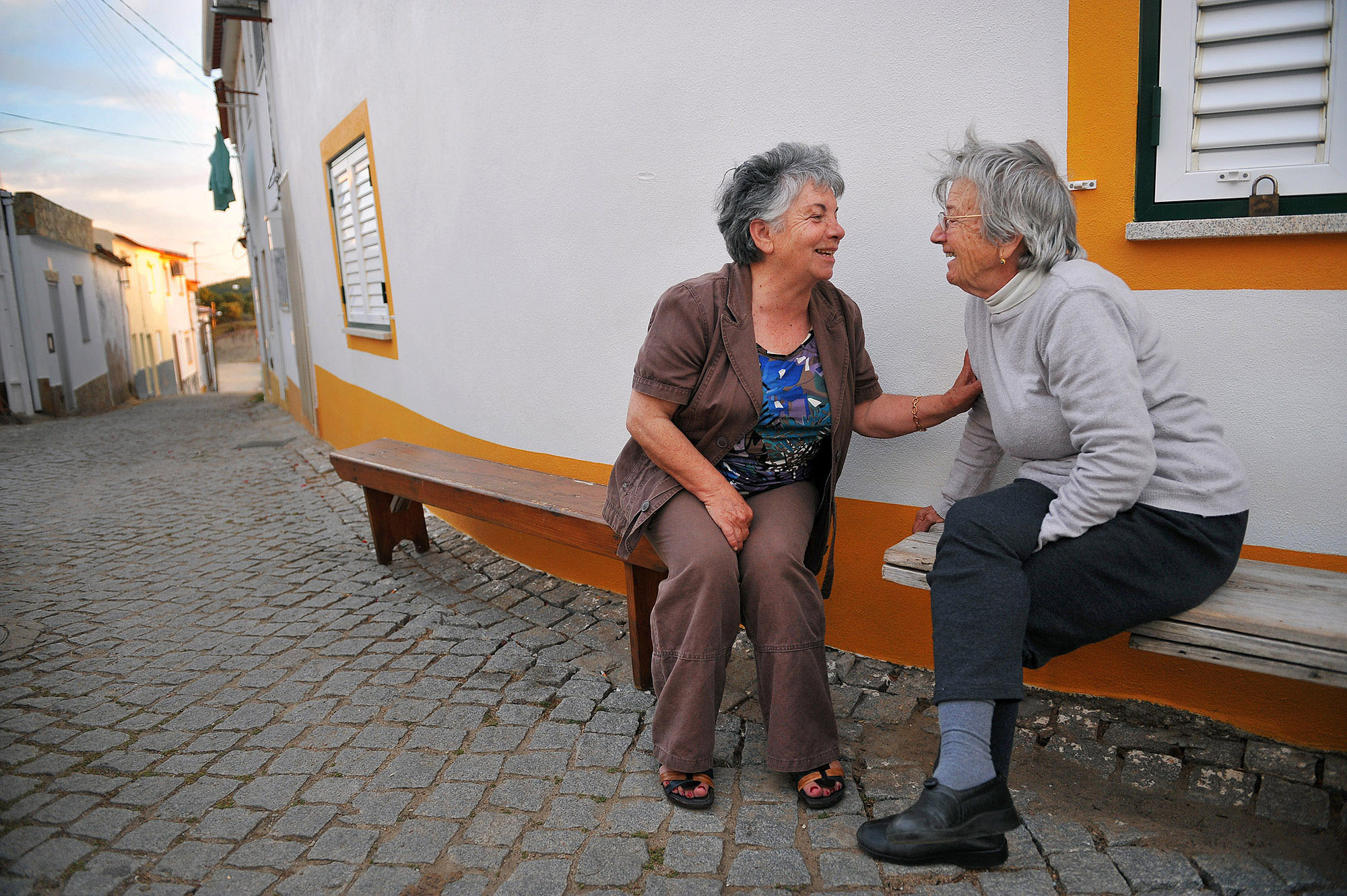For an enterprise in the business of welcoming life, the birthing ward inside Portugal's largest maternity hospital is eerily quiet. On a recent morning, not a single expectant father nervously paced the orange laminated floors. Unhurried nurses shuffled by rows of darkened rooms with empty beds, busying themselves with paperwork and a mere three women in labor.
Elsewhere in the hospital, signs of Europe's crisis within a crisis are everywhere. Serving a country that was battling a low birthrate even before the region's economy fell off a cliff, Alfredo da Costa Maternity Hospital still delivered about 7,000 babies a year until recently. But with economic uncertainty now causing young couples to rethink family plans or leave these shores for other countries, the number of births crashed to 4,500 last year, leading the facility to mothball an entire wing and slash 20 percent of the staff.
The recent fall in births across Portugal — to 89,841 babies in 2012, a 14 percent drop since 2008 — has been so acute that the national government is moving to close a slew of maternity wards nationwide. In an increasingly childless country, 239 schools are closing this year and sales of everything from diapers to children's shampoos are plummeting.



















With your current subscription plan you can comment on stories. However, before writing your first comment, please create a display name in the Profile section of your subscriber account page.